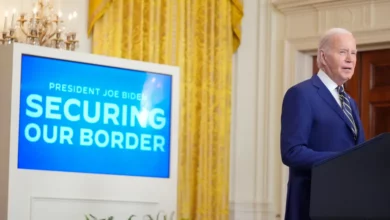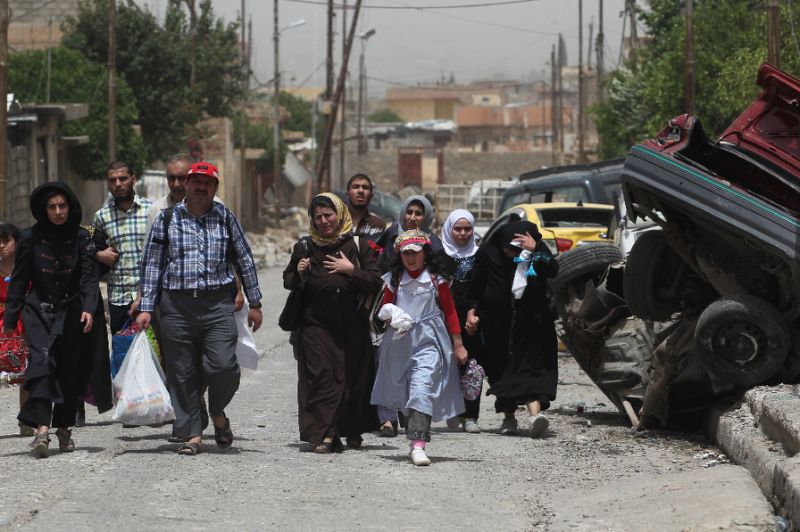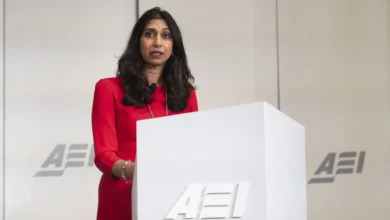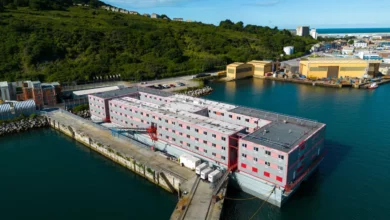Several Coptic leaders voiced concerns about what they called discriminatory policies of President Mohamed Morsy, warning of increasing emigration among the country’s largest minority.
Medhat Kelada, head of the European Union of Coptic Organizations for Human Rights, said Sunday that nobody should cast doubts on Copts’ patriotism and added that while Morsy pardoned Islamist detainees who faced criminal charges, he has not pardoned any Copt who was imprisoned in a sectarian or political case.
He added that what is happening under Morsy’s rule does not differ much from what happened under former President Hosni Mubarak.
In an interview with Al Arabiya satellite channel that was later published on its website, Kelada said Copts are being uprooted in several places in the country and that a report on the issue has been prepared.
Coptic lawyer Mamdouh Ramzy said 100,000 Copts have applied for emigration to the US, and others have applied to go to Scandinavian countries. He added that changes to the demography of Egypt will have extremely dangerous repercussions.
Ramzy also rejected foreign intervention in the affairs of Egyptian Copts, calling instead for the full implementation of the principle of citizenship in Egypt.
Meanwhile, reports have circulated about the Netherlands Embassy accepting applications for asylum by Copts, but the embassy responded by explaining that there is no special policy with regards to Coptic applicants. The embassy said Egyptian Christians who already reside there may apply for asylum and their cases will be investigated to see if a genuine threat exists and warrants asylum.
Coptic thinker Kamal Zakher said the Netherlands did not take such a step out of love for Egyptian Copts and added that if the US takes a similar step, it would not be doing so out of love, either.
“Those who have their backs protected by the Americans are unprotected,” Zakher said.
Essam Ebeid, secretary of a Coptic group in the Netherlands, said the Dutch government knew that Egyptian authorities do not protect Copts from persecution in Egypt. He added that clashes that took place at the Maspero state TV building in October and other incidents led increased asylum applications.
Twenty-eight people, mostly Coptic protesters, died in the protests that broke out at Maspero. Many blamed the military for the deaths, including those of protesters who were run over by armed military vehicles.
Ebeid said Egyptian Copts in the Netherlands did not ask the Dutch government for help and that they were opposed to any potential economic sanctions on Egypt, adding that sectarian clashes in the Giza village of Dahshur in August were the most recent proof that Egyptian Copts are persecuted. Sixteen Coptic families had been forced to leave Dahshur after the fighting but were then allowed to return.




